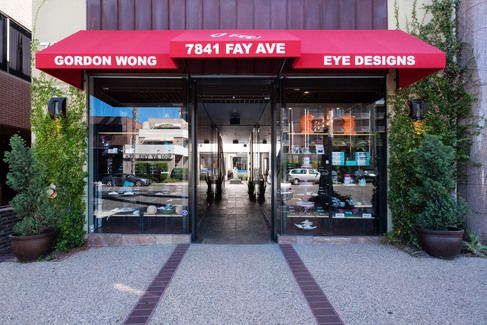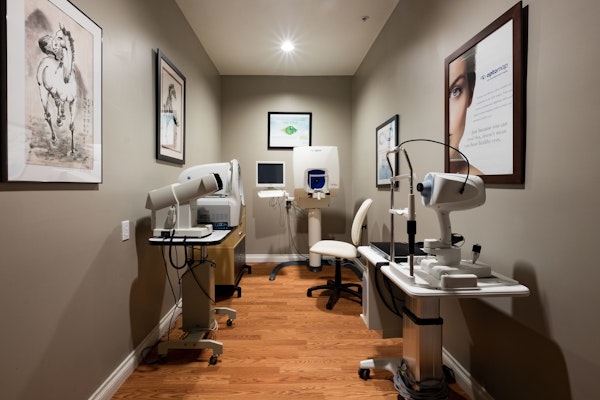The Success Rates of PRK Surgery
 The team here at GW Eye Associates is proud to serve the greater San Diego area by providing high-quality vision care services. This includes providing information about laser eye surgery, a way to improve your eyesight and eliminate dependence on corrective lenses.
The team here at GW Eye Associates is proud to serve the greater San Diego area by providing high-quality vision care services. This includes providing information about laser eye surgery, a way to improve your eyesight and eliminate dependence on corrective lenses.
While LASIK is the most popular and well known type of laser eye surgery, a sound alternative procedure to consider is PRK. Let's take a moment to consider PRK and how effective it is for patients.
About PRK
PRK (photorefractive keratectomy) is a laser eye surgery that helps treat refractive errors, which you may know better as myopia (nearsightedness), hyperopia (farsightedness), and astigmatism. During PRK, the epithelium (the topmost part of the cornea) is removed in order to reshape the overall corneal contour.
PRK is often used as an alternative to LASIK, which is one of the more popular and well known options for laser vision correction.
General Success Rates and Patient Satisfaction of PRK
PRK has a high rate of success and satisfaction among refractive surgery patients. Many studies and surveys suggest that 95% of PRK patients are satisfied with the results of their surgery, which means that they can see well without corrective lenses and do no experience any undue issues or complications following surgery.
Vision Quality After PRK
Numerous follow-up studies have shown that PRK helps patients achieve excellent vision quality. It's estimated that around 70% of PRK patients will achieve 20/20 vision after they undergo surgery; an estimated 92% of PRK patients achieve 20/40 vision or better thanks to the procedure.
It's important to note that PRK tends to work better on patients who experience low to moderate farsightedness rather than a higher degree of farsightedness.
How does PRK compare to LASIK success and effectiveness?
The results of PRK tend to be comparable to LASIK, with patients reporting excellent vision without the use of glasses or contacts. It should also be noted that while the recovery process following PRK leads to greater discomfort and takes a bit longer, there is no risk of flap complications occurring, which is one potential risk that LASIK patients face.
Is PRK the best option for my needs?
PRK may be ideal for you if you do not qualify for LASIK surgery due to thin or irregularly shaped corneas. A number of other factors will need to be taken into account as well. In some cases, patients may benefit most from undergoing LASEK surgery, another refractive procedure that is performed as an alternative to LASIK. Still others may be best treated using traditional glasses and contact lenses.
During the consultation process at our practice, we will help you undergo the treatment you need in order to enhance your vision and improve your overall quality of life. All information about the pros and cons of every treatment will be provided so you can make a confident decision about your vision care needs.
Contact GW Eye Associates
For more information about PRK and your other refractive surgery options, be sure to contact our team of eye care specialists today. At GW Eye Associates, we will give you the information that you need to have great vision and exceptional eye health.







